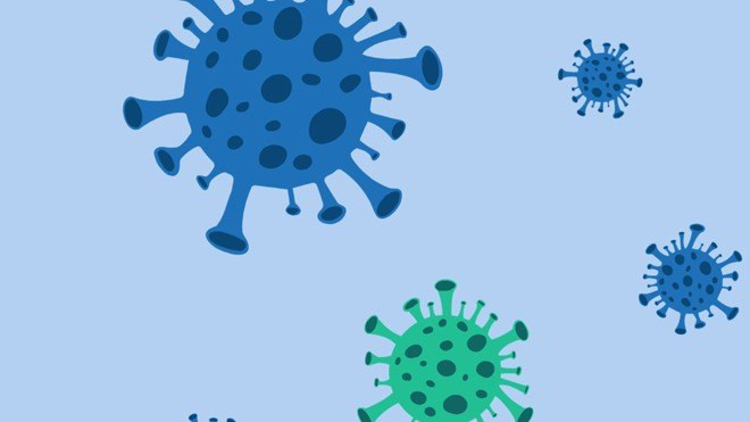Sweden: health measures in response to COVID-19

A number of restrictions were lifted in Sweden on 15 July. This is in line with step 3 of the Swedish Government’s plan for modifying and successively lifting the advice and restrictions introduced in response to the COVID-19 pandemic.
Despite modifications to the restrictions, it remains important to follow the public guidelines, maintain a safe distance and stay at home if you have symptoms.
The following modifications were made as of 15 July 2021:
Long-distance public transport
Long-distance public transport operators are able to operate at full capacity.
Municipalities no longer able to ban people from certain public spaces
Municipalities are no longer able to ban the public from accessing certain spaces where crowding may occur. This has previously been a tool for municipalities to curb crowding in public spaces such as parks, beaches and car parks.
Public Health Agency decisions in line with the plan
In accordance with the government’s plan for phasing out restrictions, the Public Health Agency of Sweden has also made a number of decisions on modifying and phasing out restrictions under step 3 of the plan.
For example, the limits on the number of people per square metre in shopping centres, gyms, museums, amusement parks, etc. have been removed.
The advice to amusement parks concerning, for example, how to place groups for rides and attractions, has been removed.
The size of groups with assigned seats at public gatherings or events, including football matches, has been increased from four people to eight people. This applies to both indoor and outdoor events.
The next stage of the government’s phasing out plan – stage four – is scheduled for September.
Modified restrictions as of 1 July
A number of restrictions were lifted on 1 July in line with step 2 of the government’s plan.
The attendance limits for public gatherings and events were raised again. Up to 50 people can attend indoor events, and if there is assigned seating, up to 300 people can attend.
For outdoor events, the limit is generally 600 without assigned seating and 3 000 with assigned seating. Up to 1 800 people are allowed to attend outdoor demonstrations.
Dividing up venues
In addition to the raised attendance limits, even larger numbers can also attend events if the organiser is able to divide the venue or space into sufficiently large sections for attendees to maintain a COVID-safe distance.
This means that attendees in different sections cannot come into contact with each other during or immediately before or after the event. Where this is the case, the attendance limits apply to each section.
Trade fairs
Trade fairs, which are public events, will now be regulated similarly to how the government has previously managed the regulations for markets and permanent funfairs.
This means that they are excluded from the regulations concerning attendance limits that apply to other public gatherings and events.
Trade fairs will instead be governed by regulations similar to those that apply to markets.
Private events
The government has also decided to raise the attendance limit for venues and spaces that are hired out for private events. These can now be hired out for a maximum of 50 people.
Public Health Agency decisions in line with the plan
In accordance with the government’s plan for phasing out restrictions, the Public Health Agency of Sweden has also made a number of decisions on modifying and phasing out restrictions.
These include less stringent restrictions on opening hours and group sizes for eating and drinking establishments, and the removal of the advice to shop alone and not to remain longer than necessary in shops. The advice to sports and cultural associations and the advice to individuals concerning sport have also been removed.
Forecast for COVID-19 vaccinations
On 24 June, the Public Health Agency of Sweden amended its forecast for when all adults will have been offered at least one dose of the COVID-19 vaccine from 5 September to 19 September 2021.
This forecast remains unchanged. It concerns everyone who lives in Sweden and is aged 18 or over, and also people under the age of 18 who have been deemed in need of vaccination following an individual medical assessment.
Government wants to strengthen municipal contingency planning in health and medical care and social services
The pandemic has shown that the contingency planning in municipal health and medical care and social services to tackle serious health threats is inadequate.
Evaluations of the pandemic have demonstrated a need for a national review of municipal contingency planning so as to support municipalities’ work in this area.
As part of the efforts to strengthen contingency planning, the government will therefore task the National Board of Health and Welfare with surveying contingency planning in municipal health and medical care and social services, and identifying and surveying municipalities’ need for support in this area.
Government and Swedish Association of Local Authorities and Regions agree on conditions for vaccinating children and young people
The Public Health Agency of Sweden has decided to recommend vaccination for young people from the year in which they turn 16, and for some children aged 12–15 with medical conditions.
As a result, the division of responsibilities and costs between central government and the Swedish Association of Local Authorities for administering COVID-19 vaccinations has been updated.
Under the amending agreement, those children and young people for whom vaccination is recommended must receive the vaccine promptly and free of charge, and vaccinations must be registered in the national vaccination register. Under the decision, the regions will receive remuneration for this.
Supplementary agreement for increased access to care
To treat patients with COVID-19, health and medical care services have had to postpone some scheduled care. The government and the Swedish Association of Local Authorities have now struck an agreement on increased access to health and medical care in 2021. The supplementary agreement includes almost SEK 1.48 billion.
Swedish Government

